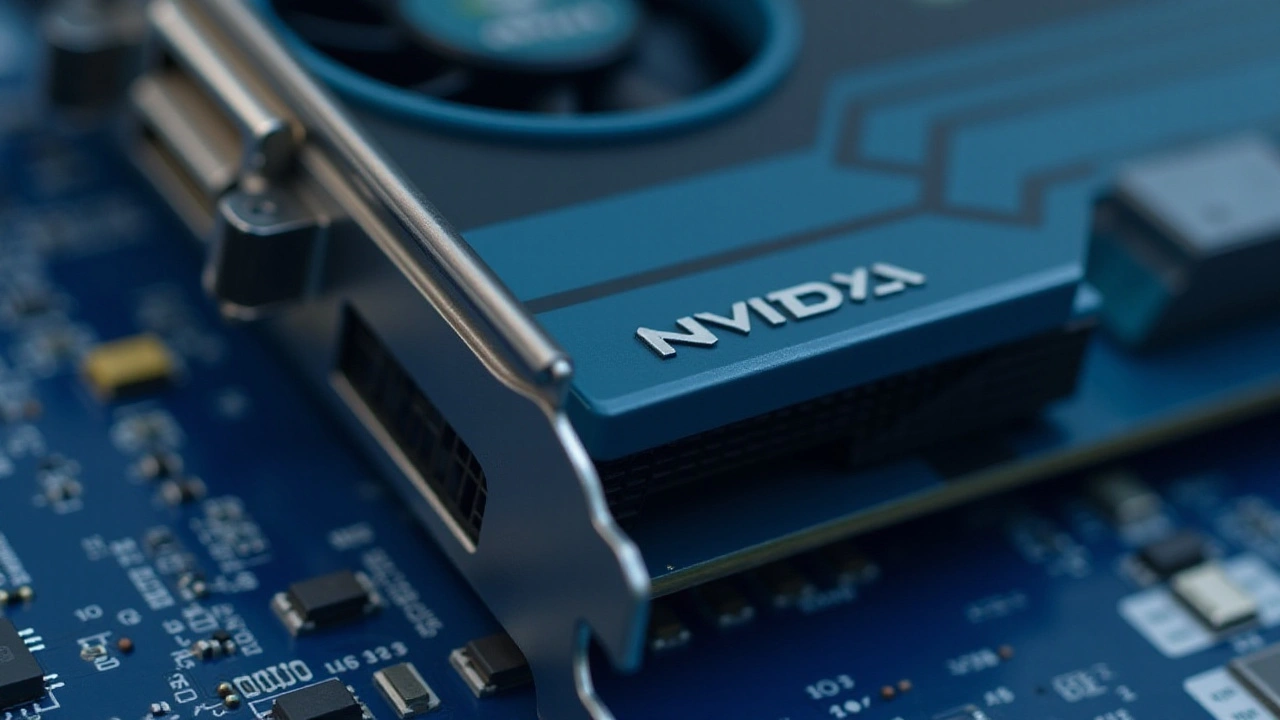Understanding Market Impact Through Today's Top Stories
Markets don't just move because of stocks and numbers; they're shaped by real-world events—from intense sports transfers to major court rulings and tech developments. When Manchester United goes after a big signing like Benjamin Sesko despite a rival's massive bid, that can send ripples through football markets and beyond.
Ever wonder how a court seizing millions from jet companies affects the bigger economic picture? In Kenya, when the High Court took over Ksh706 million from firms tied to crime proceeds, it sent a strong message about law enforcement's reach and possibly shook investor confidence in that sector.
Sports Transfers and Their Market Shifts
Big sports moves don’t just excite fans; they impact club finances, merchandise sales, and betting markets. Benjamin Sesko choosing Manchester United over a $98 million offer from Newcastle is not just about the player’s career but about transfer market dynamics. Similarly, AC Milan's refusal to budge on Mike Maignan despite Chelsea’s high bid shows how clubs defend their assets to maintain market strength.
Legal and Political Moves Shaping Markets
Legal actions like Kenya's court ruling carry weight beyond headlines. They can deter illegal activities and encourage cleaner business practices, indirectly stabilizing markets. Meanwhile, political moves, such as President Ramaphosa’s careful decision on South Africa’s Deputy Chief Justice or the EFF’s challenge to a VAT hike, can influence investor confidence and market regulations.
Then there’s Nigeria's Central Bank holding rates steady amid narrowing currency gaps and easing inflation—decisions like this affect everything from loan rates to consumer spending, which in turn shift market trends.
So, market impact isn't just abstract; it's about the ripple effects from everyday decisions, legal rulings, and exciting sports debates that affect your economy, investments, and even entertainment. Staying informed with clear, direct insights helps you understand why markets react the way they do and what to watch next.
Nvidia Earnings Now Rival US Jobs Report in Market Impact, Analysts Say
Nvidia's earnings announcements have grown as influential on US markets as major economic indicators like the US jobs report. Analysts note that Nvidia's dominance in the semiconductor industry, particularly in AI, data centers, and gaming, means its financial results are closely scrutinized by investors and can affect the broader technology sector and market indices like the S&P 500.

